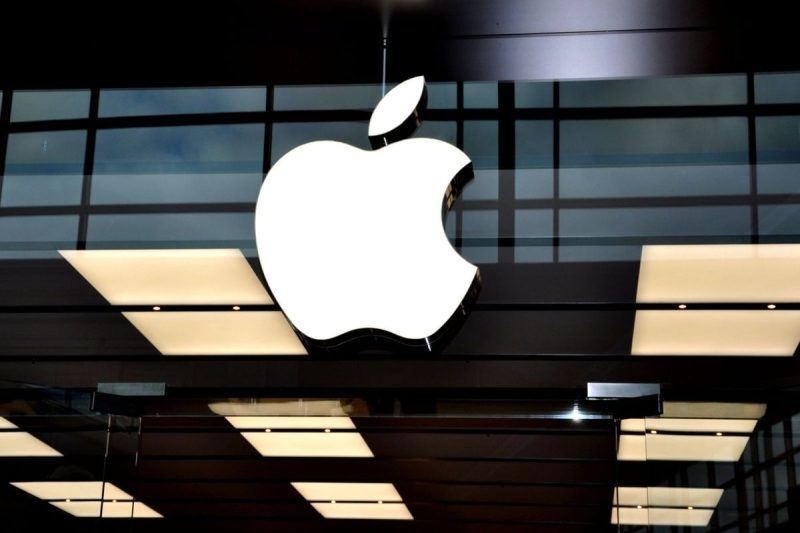
Elon Musk in the Spotlight: Apple-OpenAI Collaboration Raises Privacy Concerns
In a rapidly evolving digital landscape, the recent partnership between Apple and OpenAI has sparked a heated debate surrounding privacy concerns, particularly with renowned entrepreneur Elon Musk weighing in on the matter. This collaboration, which aims to leverage artificial intelligence technology for various innovative applications, has raised significant questions regarding data protection and user privacy.
The potential implications of this partnership are far-reaching, as it involves two influential technology companies joining forces to advance the capabilities of machine learning and AI algorithms. While the collaborative efforts may yield groundbreaking advancements in areas such as natural language processing and computer vision, the convergence of such technologies also introduces potential risks related to data security and personal privacy.
Elon Musk, a vocal advocate for ethical AI development, has expressed skepticism about the partnership and cautioned against the unchecked proliferation of AI systems that could compromise individual privacy. Musk’s concerns are rooted in a broader discourse on the responsible and ethical use of AI technology, highlighting the need for robust safeguards and transparency measures to protect user data.
Privacy advocates have echoed Musk’s apprehensions, pointing to the growing ubiquity of AI-powered applications and the corresponding rise in data collection practices. As AI algorithms become increasingly sophisticated in their ability to analyze vast amounts of information, the potential for unauthorized data access and misuse poses a significant threat to user privacy.
In response to these concerns, both Apple and OpenAI have emphasized their commitment to upholding privacy standards and ensuring the secure handling of sensitive data. By implementing stringent data protection protocols and incorporating privacy-enhancing technologies, the two companies aim to mitigate the risks associated with AI-driven services and applications.
The ongoing debate surrounding the Apple-OpenAI partnership underscores the urgent need for a comprehensive framework that addresses the ethical and privacy implications of AI innovation. As AI technology continues to advance and permeate various sectors, it is imperative for industry stakeholders to prioritize transparency, accountability, and user consent in the development and deployment of AI systems.
Ultimately, the collaboration between Apple and OpenAI serves as a microcosm of the broader ethical challenges posed by the intersection of AI and privacy. By navigating these complexities with a principled approach to data protection and privacy preservation, technology companies can harness the transformative potential of AI while upholding the fundamental rights and interests of users in an increasingly interconnected world.
